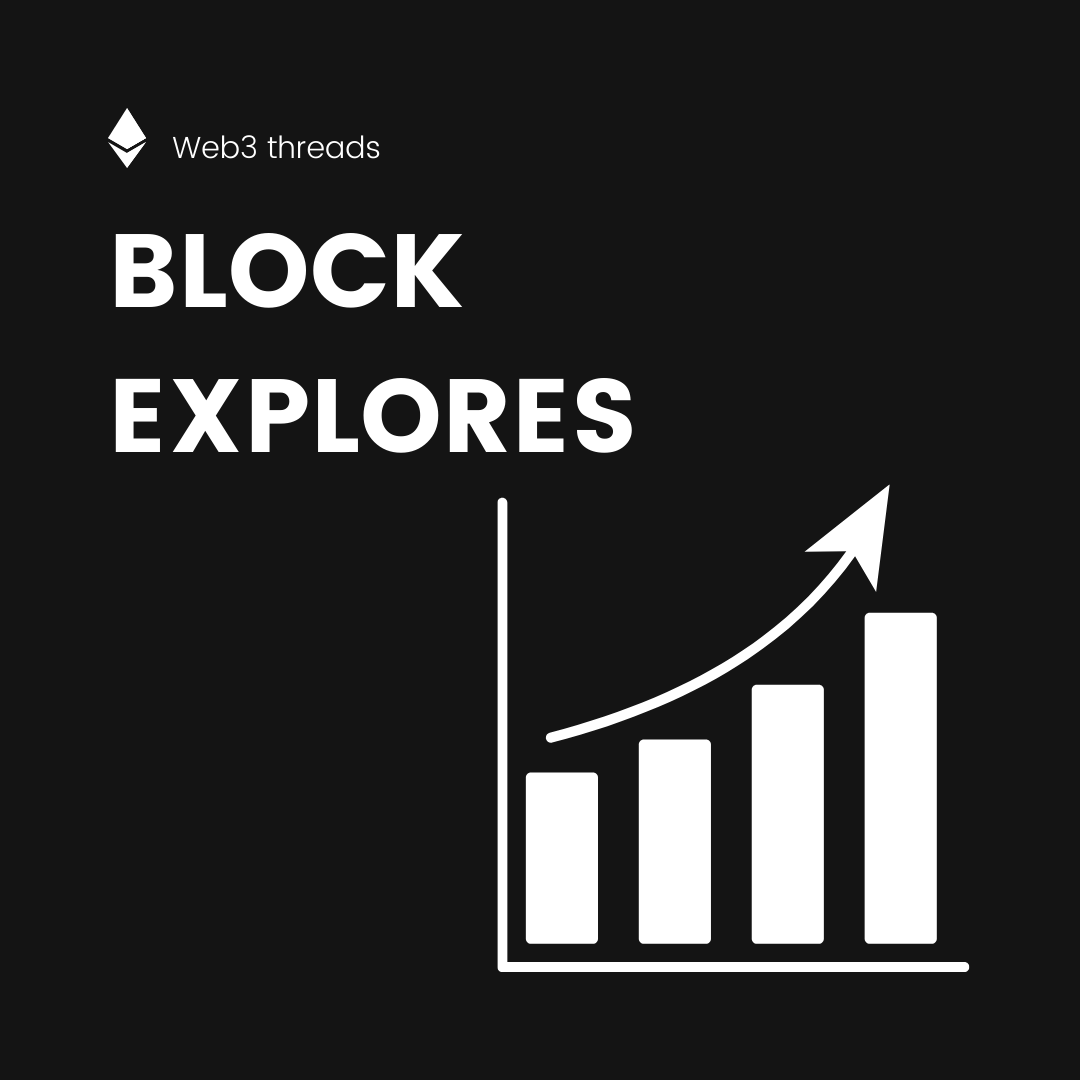
🔲Ethereum Nodes as a Service thread.
Yesterday we have seen how to spin up your won node.
But what if we don't have time to do that, or we want to rely on an existing infrastructure?
Many different services exist that can do this for us.
Let's see this in 1 min.
↓
Yesterday we have seen how to spin up your won node.
But what if we don't have time to do that, or we want to rely on an existing infrastructure?
Many different services exist that can do this for us.
Let's see this in 1 min.
↓

Table of Contents:
- Intro
- Most common features
- Pros of Node Services
- Cons of Node Services
- Popular Node Services
- Intro
- Most common features
- Pros of Node Services
- Cons of Node Services
- Popular Node Services
Intro
Running your own Ethereum node can be challenging.
This is especially true if you are new to the Web3 world.
Node services run optimized node infrastructures, so you can focus on developing the app itself.
⚠Node services should NEVER store your private keys/info.
Running your own Ethereum node can be challenging.
This is especially true if you are new to the Web3 world.
Node services run optimized node infrastructures, so you can focus on developing the app itself.
⚠Node services should NEVER store your private keys/info.
Most common features:
- access to testnets.
- managed dedicated nodes.
- API key to write/read from the blockchain.
- easy integration/switch with other services.
- API access to full, archive, clients-specific node.
- load balancers to distribute activity across nodes.
- access to testnets.
- managed dedicated nodes.
- API key to write/read from the blockchain.
- easy integration/switch with other services.
- API access to full, archive, clients-specific node.
- load balancers to distribute activity across nodes.
PROS of using a Node Service
The main PRO is time. Maybe you are a solo Dev, or this is just a side project.
✅spin up more nodes when needed
✅maintain the infrastructure
✅upgrading nodes to the latest versions
✅ensuring state consistency.
So you can focus on development.
The main PRO is time. Maybe you are a solo Dev, or this is just a side project.
✅spin up more nodes when needed
✅maintain the infrastructure
✅upgrading nodes to the latest versions
✅ensuring state consistency.
So you can focus on development.
CONS of using a Node Service
The main CON is that by relying on a node service, you are centralizing the infrastructure of your product
❌Infrastructure centralization.
❌you become dependent on that service.
The main CON is that by relying on a node service, you are centralizing the infrastructure of your product
❌Infrastructure centralization.
❌you become dependent on that service.
Some Node Services you can check:
- Alchemy
- Ankr
- BlockDaemon
- Chainstack
- GetBlock
- InfStone
- Infura
- Moralis
- Pocket Network
- Quiknode
- Rivet
- SettleMint
- Alchemy
- Ankr
- BlockDaemon
- Chainstack
- GetBlock
- InfStone
- Infura
- Moralis
- Pocket Network
- Quiknode
- Rivet
- SettleMint
Do you wanna see how to spin up your own node?
You can check this thread:
You can check this thread:
https://twitter.com/FrancescoCiull4/status/1484779264797024259
if you liked this thread, follow @FrancescoCiull4 and share the tweet below. thank you 🙏
https://twitter.com/FrancescoCiull4/status/1485216599791517697
• • •
Missing some Tweet in this thread? You can try to
force a refresh








